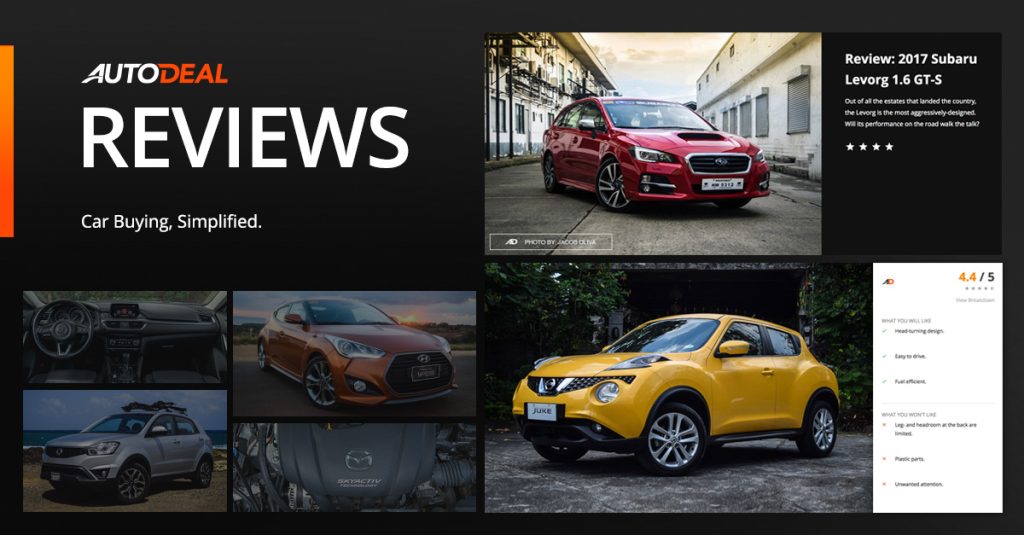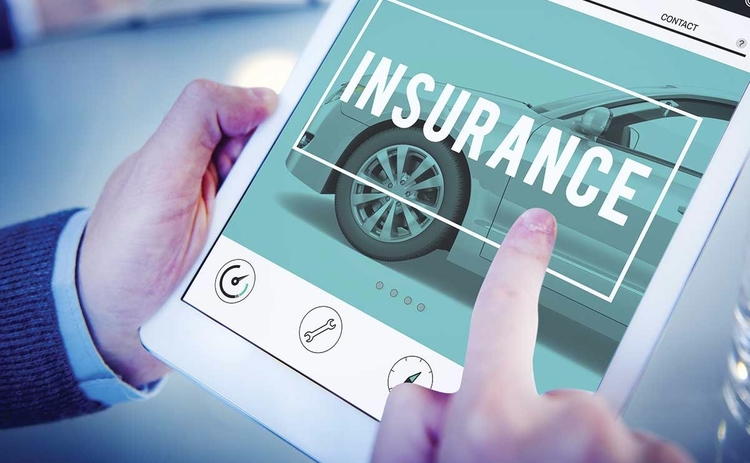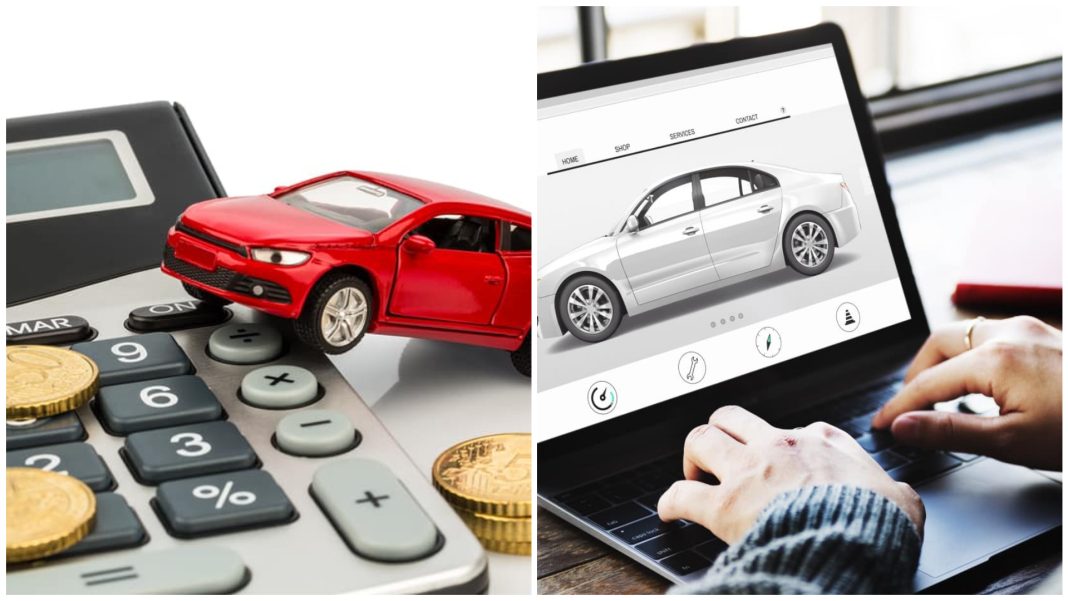There is certainly a feeling of rush when you finally get to buy your first car. It’s an experience you can give yourself by your own hard work, and as a first-timer, you ought to have careful consideration and planning. If you’re still undecided, you might want to heed the advice of either car enthusiasts you know, or the internet. If this sounds just like you, read ahead to learn tips to make an informed decision.
1. Identify Your Needs
While the need to commute can be exhausting due to the heat in the tropical country, the hardships one has to go through during rush hours when every jeepney is full, you should still consider if your investment is something you really want to do. If the answer is still a maybe, then identify your specific needs and ask yourself if these are things that can be answered by the innovations in modern transportation that we have at hand. Perhaps rush hours can be fixed by Angkas/Maxim/MoveIt, and the heat can be answered by hailing a taxi. But if the answer is yes, and is not only a result of societal pressures, then go ahead and reach for your pocket.

2. Figure Out Your Budget
Before anything, you need to figure out your budget in order to pick out your options. Remember that this shouldn’t only include the amount to be paid for the initial purchase, but also for maintenance, emergencies, and other fees that can come with owning a car. You have to allocate your funds wisely so as not to be overwhelmed by the cost of owning a car.

3. Research Your Options
Once you figure out the amount of money you can work with, you can research your options. Do some research and check out cars that match your needs as a driver. You can create a checklist for each car model, listing down the pros and cons and the things you like about them the most. Your lifestyle and preferences should be paramount in your consideration.

4. Scan the Reviews
It’s always good to know what other people have to say about their experience with specific cars. Feedback from actual owners can help you assess certain models beyond what their descriptions say. You may do this by exploring forums on social media regarding real-life experiences to gain valuable insights about the reliability of the cars you are eyeing for.

5. Inspect and Test Drive
Whether you’re buying a new or used car, you ought to inspect the actual vehicle and do a test drive. The performance of a car can vary and may not satisfy your expectations, hence, you should bring along a friend who has in-depth knowledge about cars to guarantee a comprehensive assessment of the car’s condition.

6. Consider Fuel Efficiency
The fuel efficiency of a car can help you save a lot of money. This should be a priority in order for you to understand how far your vehicle can travel given a certain amount of fuel. This is an eco-friendly choice to make, and a cost-effective one to say the least.

7. Review Safety Features
As a first-time car owner, it can feel very new to you as you may be unfamiliar with a lot of things. With this, it is necessary for you to evaluate safety features that can help you navigate with security. Check features such as ABS, airbags, ESC, and rearview cameras. It’s up to you which tools are important to you based on your driving habits as well as the risks you may encounter while on the road.

8. Check Out Your Financing Options
Your financial situation determines your ability to pay in full, or the lack thereof. If you’ve fully saved for the car you want to have, then you have nothing to worry about. Otherwise, it’s important for you to check out financing options such as in-house financing or bank loans.

9. Learn More About Insurance Costs
Insurance can help protect your car in cases of emergencies. For this, you may want to consult financial advisors to be guided with insurance policies, and for you to choose the right one which aligns with both your budget and needs.

10. Know More About the Store’s After-Sales Service
How your car dealership handles after-sales service is just as important as when they’re still trying to sell you something. Research about how they handle customer issues, maintenance requests, and warranty claims.

Good luck, and may you get the car of your dreams!

